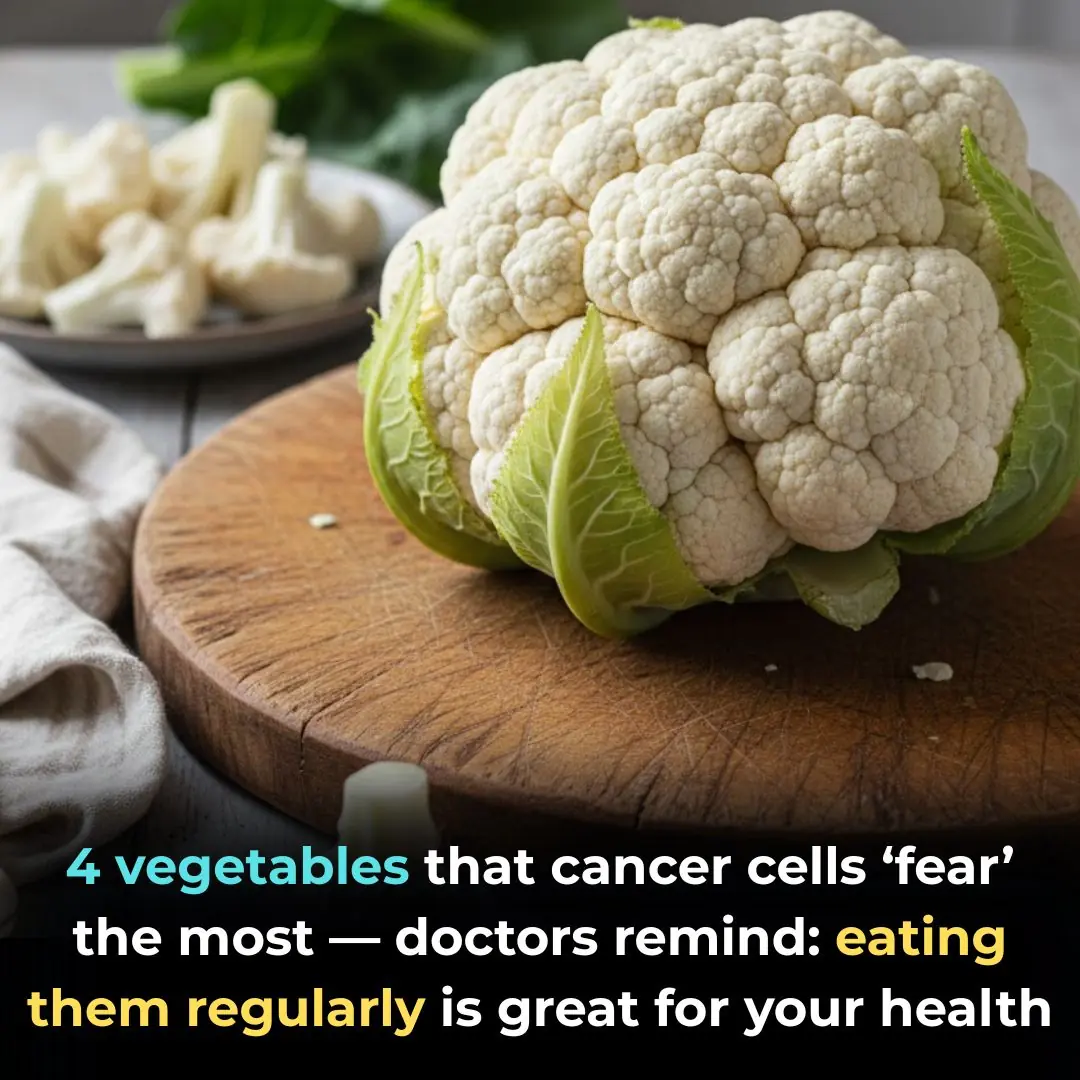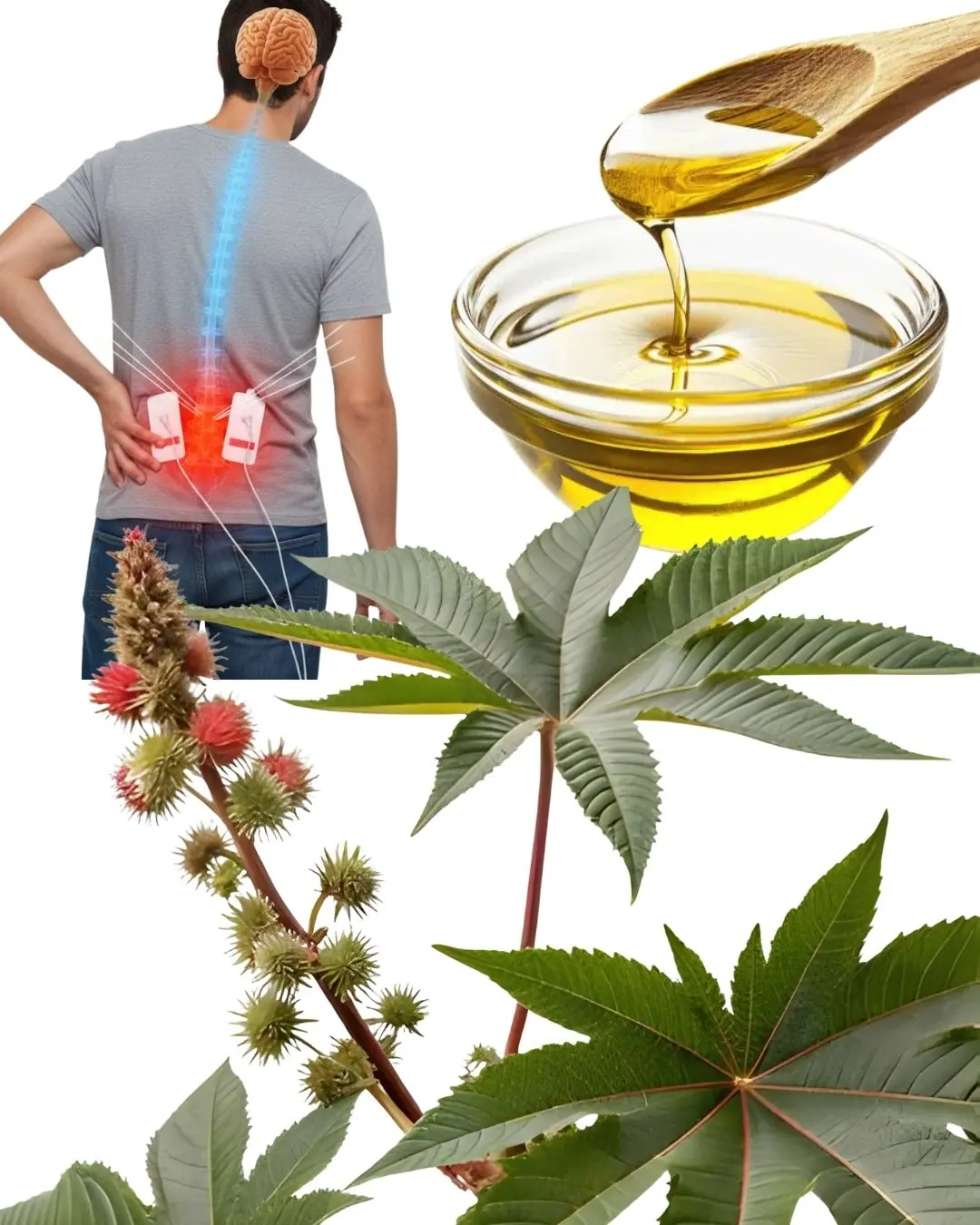
Discover the miracle drink that helps seniors rebuild knee cartilage quickly
Cartilage is a strong, flexible connective tissue that acts like a cushion between your bones and joints. It plays a critical role in absorbing shock, reducing friction, and helping your body move smoothly and pain-free. When cartilage becomes damaged, it can lead to serious discomfort and even long-term joint problems.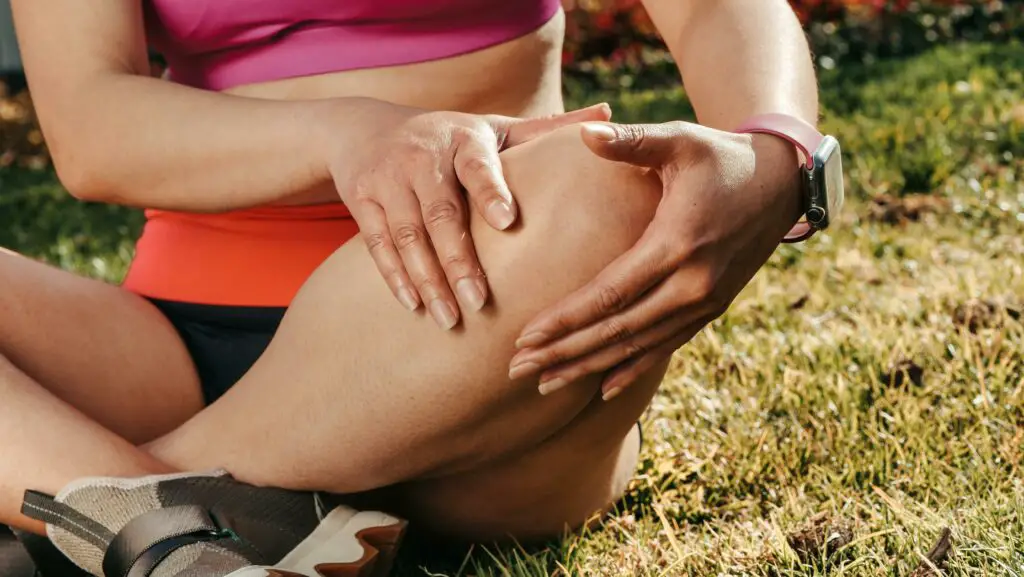
According to the Cleveland Clinic,
“Cartilage at the end of your bones reduces friction and prevents them from rubbing together when you use your joints. It’s also the main tissue in some parts of your body and gives them their structure and shape.”
Unfortunately, cartilage doesn’t heal easily. Since it doesn’t have its own blood supply, recovery from injury can be slow — or sometimes not possible without medical intervention.
🩻 How Cartilage Damage Happens
Cartilage damage can occur in two major ways:
-
Suddenly, due to trauma or injury (such as a sports injury)
-
Gradually, over time due to wear and tear — eventually leading to conditions like osteoarthritis
One of the most common cartilage injuries in the knee is a meniscus tear. The meniscus is a crescent-shaped piece of cartilage located between the bones in the knee joint. It acts like a shock absorber and allows for fluid motion.
Meniscus tears are usually caused by twisting motions, sudden stops, or heavy impact — making athletes, active individuals, and older adults particularly vulnerable.
😣 Why Knee Pain Is So Disruptive
Knee pain isn’t just a minor annoyance — it can seriously interfere with your quality of life. Everyday activities like:
-
Walking up and down stairs
-
Standing up from a chair
-
Gardening or exercising
-
Getting in and out of a car
can become painful or even impossible.
Over 50% of adults over the age of 65 report having chronic joint issues, and the knees are often the first to show signs of wear. If you are:
-
Over 50
-
Carrying extra weight
-
Lacking joint-supporting nutrients
your risk of developing cartilage-related knee pain increases significantly.
🥤 A Simple Homemade Drink That May Help
While no drink can reverse cartilage damage overnight, there are natural ingredients that may ease knee pain, support joint health, and potentially slow further deterioration.
One traditional remedy that continues to gain popularity is a turmeric and ginger tea, a warm drink with anti-inflammatory properties and centuries of use in traditional medicine.
This soothing beverage is easy to prepare and may help support your joints from the inside out.
🧡 Why Turmeric and Ginger?
Both turmeric and ginger have been used for thousands of years to treat inflammation, stiffness, and joint pain.
🌿 Turmeric
-
Contains curcumin, a compound known for its powerful anti-inflammatory and antioxidant effects
-
May reduce joint swelling and improve mobility
-
Studies show curcumin can ease symptoms of arthritis and protect cartilage from further degeneration
🌱 Ginger
-
Contains gingerol, a natural compound with anti-inflammatory benefits
-
Can help reduce joint stiffness and muscle pain
-
May improve circulation, helping nutrients reach your joints more efficiently
Together, these two ingredients form a potent duo that may ease discomfort and support your knee health naturally.
🍵 Turmeric & Ginger Tea Recipe
Ingredients:
-
1 cup water
-
½ tsp ground turmeric (or 1 small slice of fresh root)
-
½ tsp grated fresh ginger (or ground ginger)
-
Optional: A squeeze of fresh lemon or 1 tsp raw honey for taste
Instructions:
-
Bring water to a gentle boil.
-
Add turmeric and ginger.
-
Simmer for 10 minutes.
-
Strain (if using fresh roots).
-
Add lemon or honey if desired.
-
Drink warm — ideally once per day, either in the morning or evening.
Tip: Curcumin is better absorbed when paired with black pepper or a healthy fat like coconut oil. Consider adding a pinch of black pepper to the mix.
🏃♀️ Other Ways to Support Knee and Cartilage Health
While this tea can be a helpful addition to your routine, true joint health requires a holistic approach. Consider adding these simple lifestyle habits to keep your knees strong and flexible:
✅ Stay Active (But Not Strained)
-
Low-impact activities like walking, swimming, or cycling help keep joints mobile without overloading them.
✅ Eat Joint-Friendly Foods
-
Include foods rich in omega-3s (like salmon, chia seeds), leafy greens, berries, and bone broth.
-
Avoid excessive sugar, fried foods, and refined carbs that can trigger inflammation.
✅ Stay Hydrated
-
Water keeps cartilage lubricated and elastic.
✅ Maintain a Healthy Weight
-
Every extra pound puts additional pressure on your knees.
-
Losing even 5–10% of your body weight can significantly reduce joint strain.
✅ Rest and Recover
-
Don’t ignore your body’s signals. Overuse without rest can worsen damage.
⚠️ A Word of Caution
This article is for informational purposes only and is not a substitute for professional medical advice, diagnosis, or treatment.
Always speak with a healthcare provider before starting any new supplement, diet, or treatment — especially if you have chronic joint issues, arthritis, or are taking medications.
Some people may experience interactions with turmeric if they’re taking blood thinners or medications for diabetes. Ginger can also affect blood pressure or bleeding risk in some individuals.
🌟 Final Thoughts
Knee pain can be debilitating, but natural remedies like turmeric and ginger tea, when paired with lifestyle changes, may help you feel more mobile, flexible, and independent again.
Supporting your cartilage health early can help prevent more serious conditions later. Whether you’re already feeling knee discomfort or simply want to be proactive, this simple drink is a small step that could make a big difference over time.
So next time your knees feel stiff or sore, try sipping on a warm, golden cup of turmeric-ginger tea. Your joints might just thank you.
News in the same category

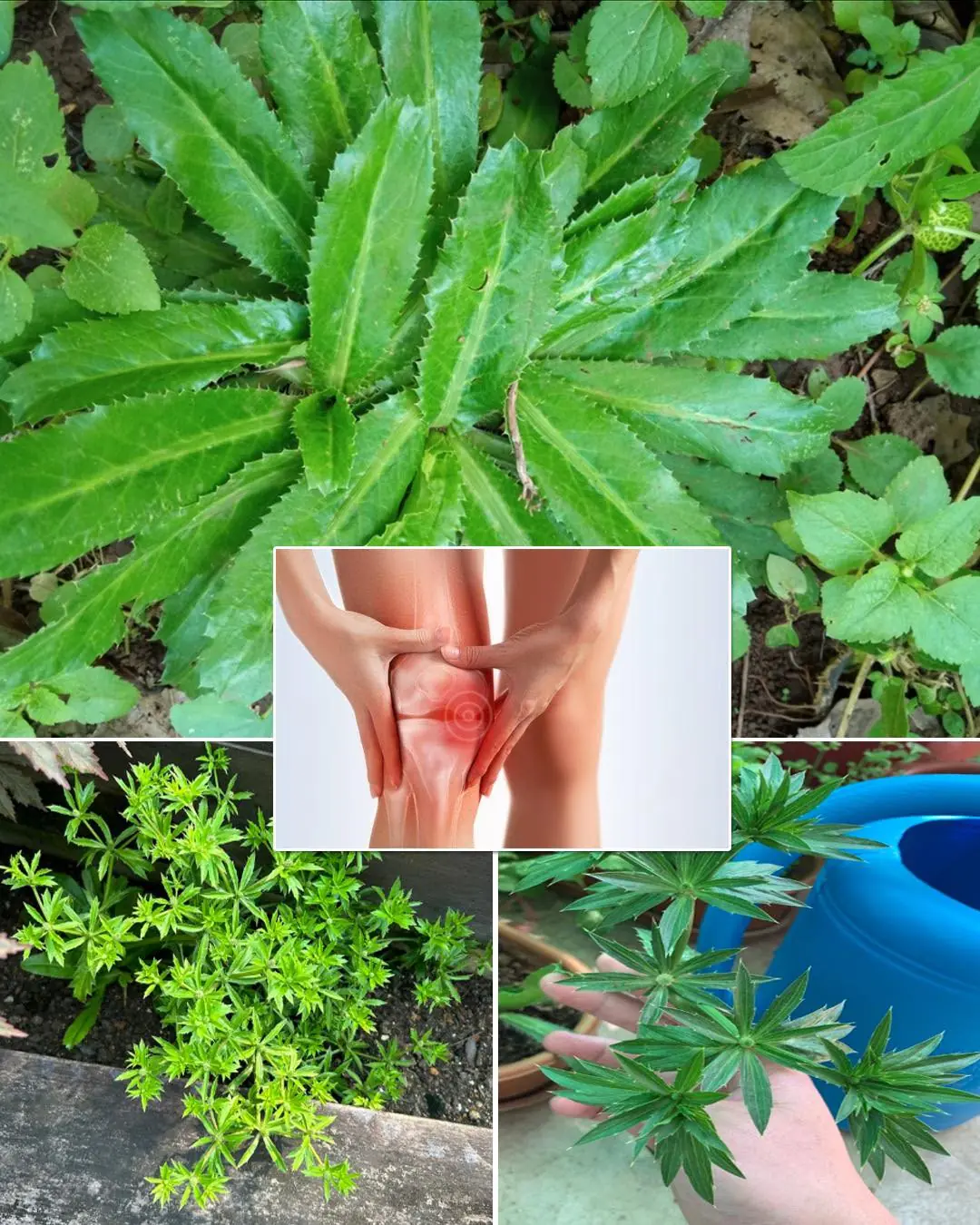
Culantro Herb Benefits and Uses: The Powerful Healing Plant You Should Try
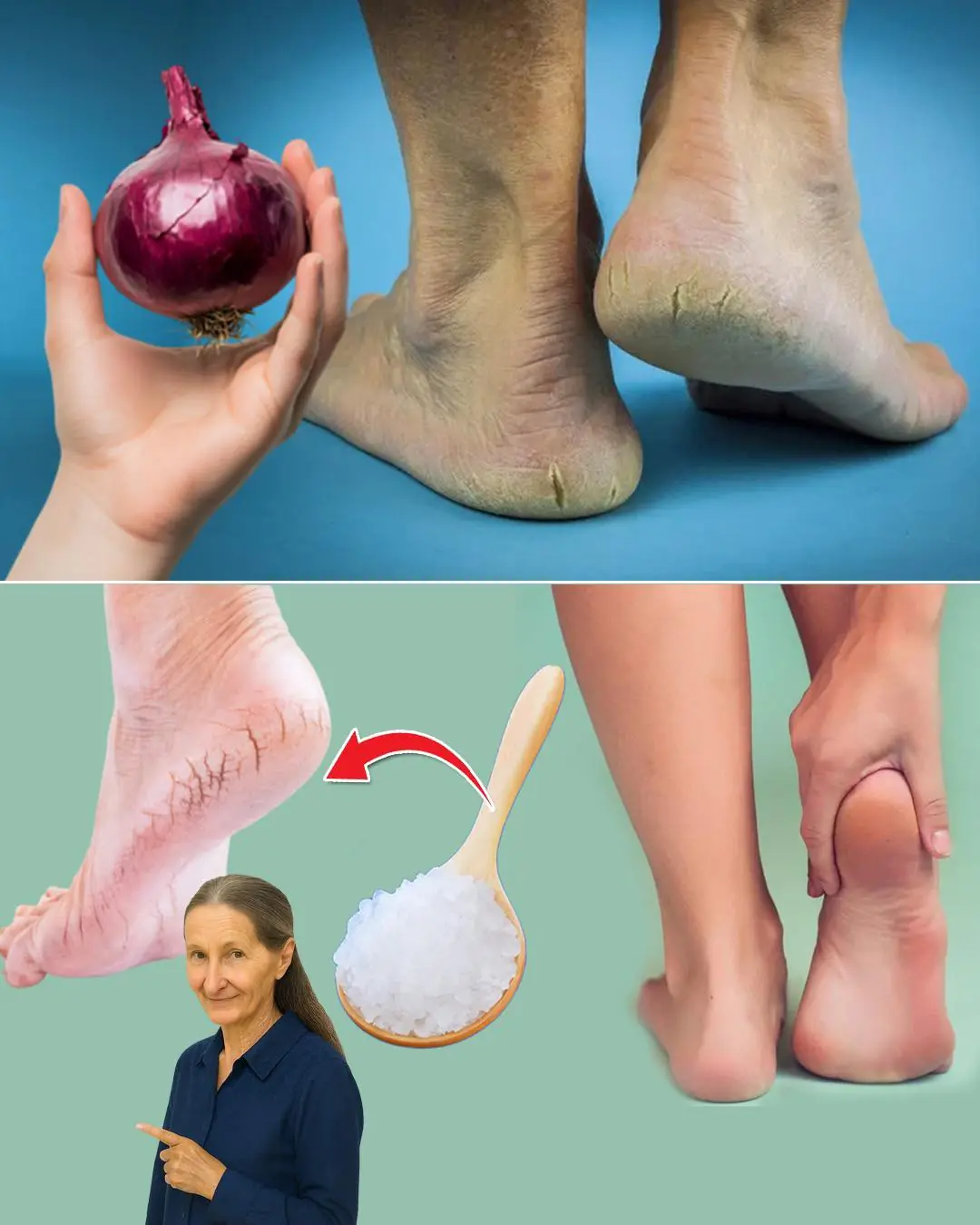
5 Natural Remedies for Cracked Heels: Red Onion, Sea Salt & More
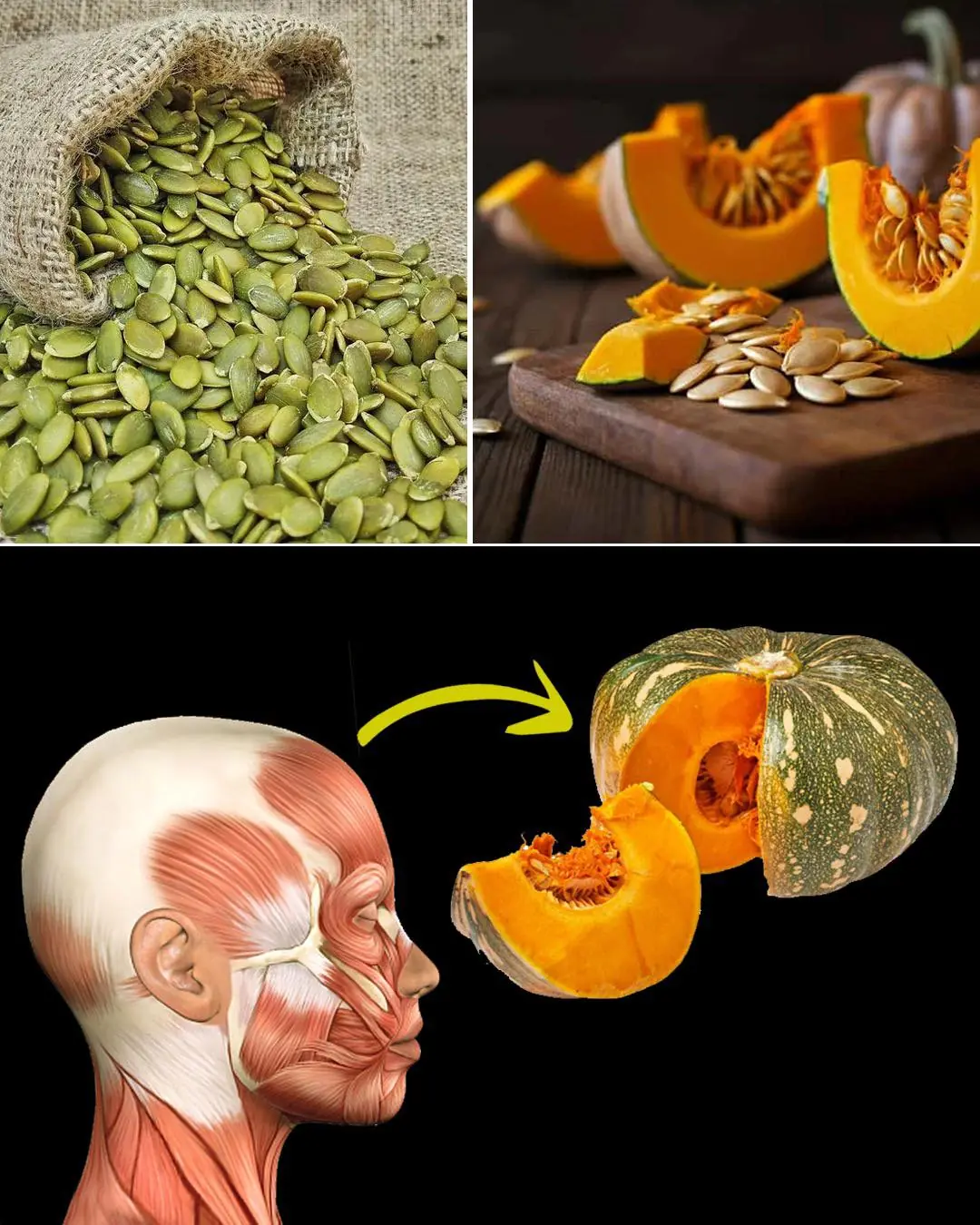
Pumpkin Health Benefits: The Forgotten Superfood You Need Daily
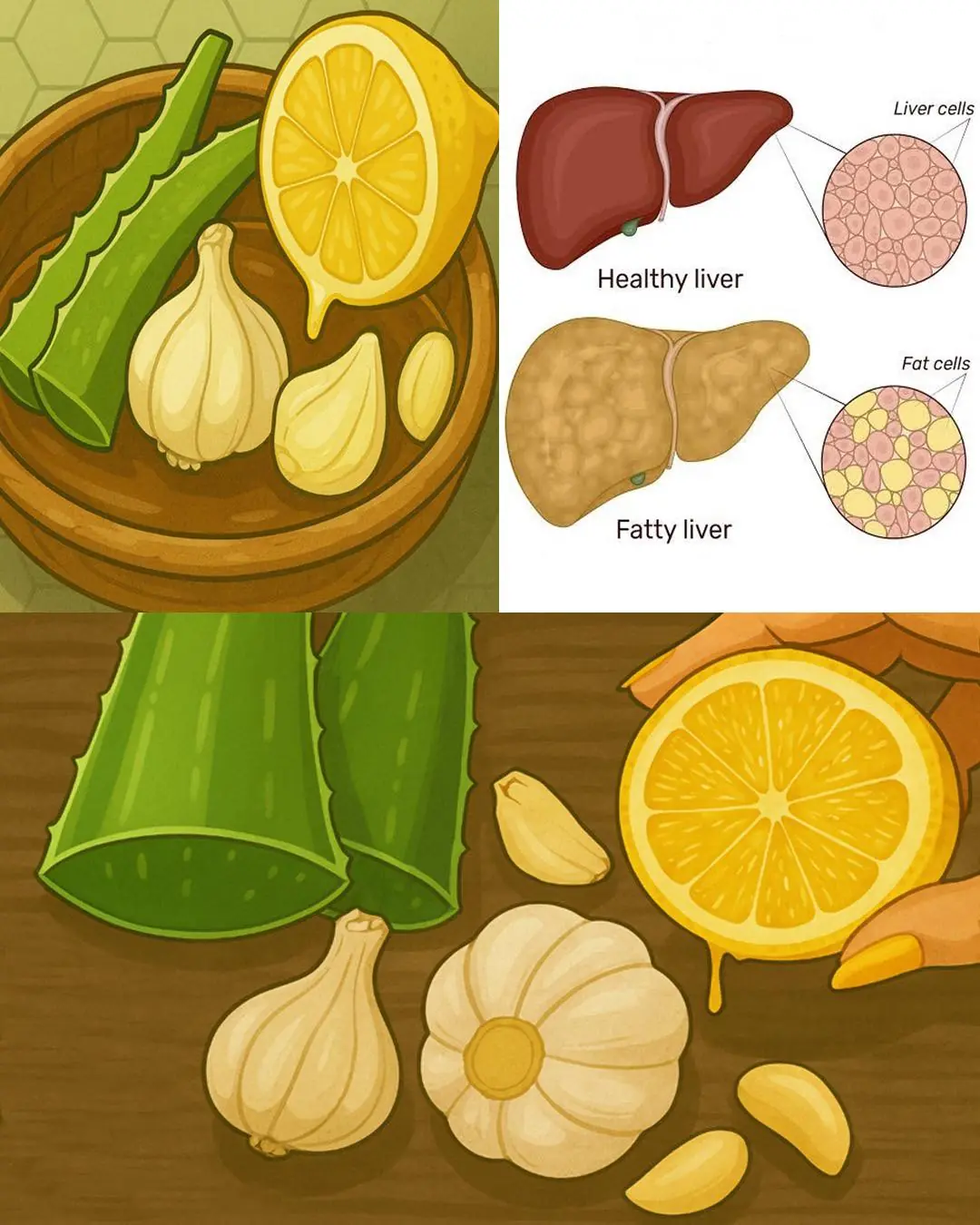
Aloe Vera Super Remedy: Stronger Than Garlic, Lemon, and Fights Bacteria & Fungi Naturally
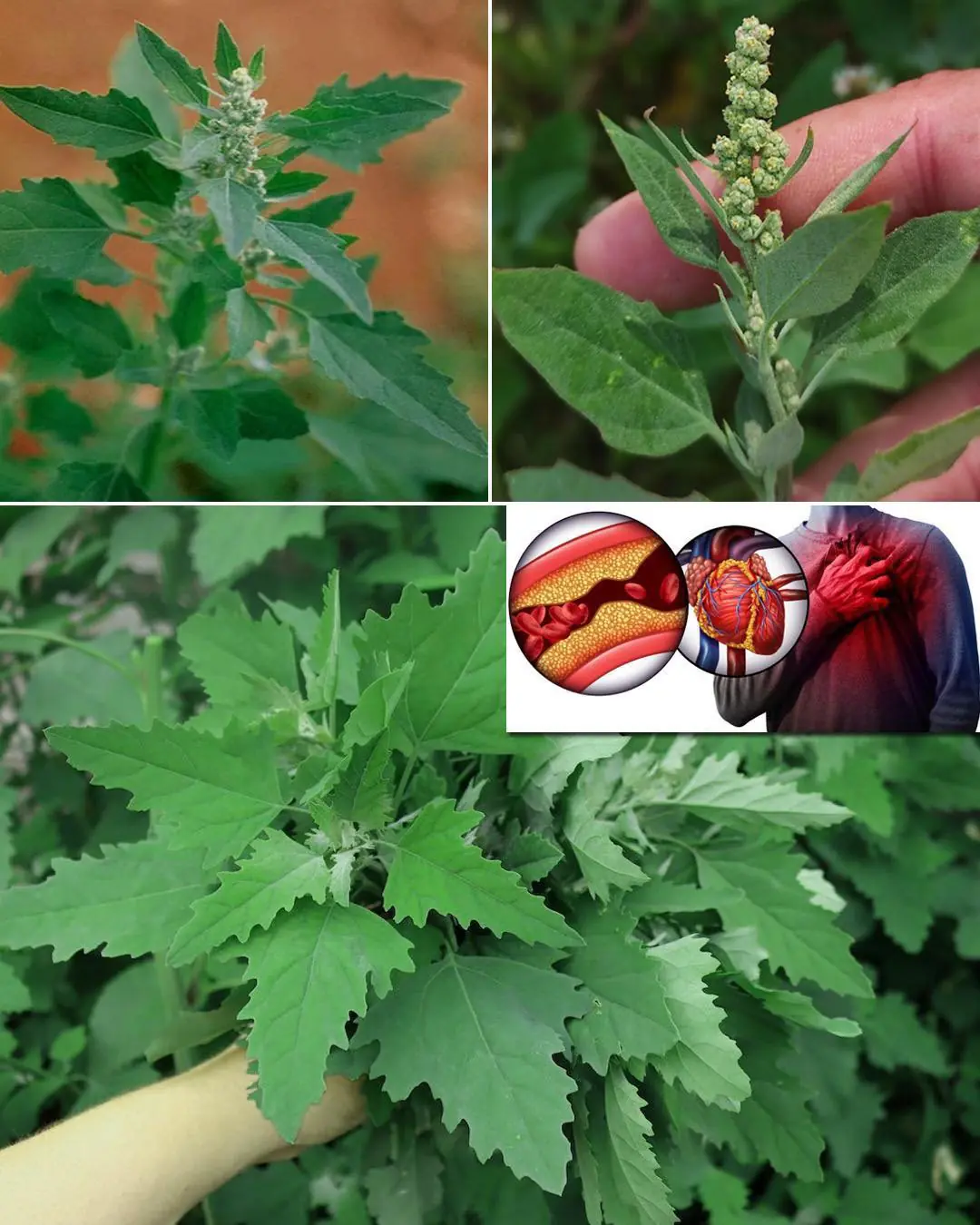
Lamb’s Quarters/Wild Spinach a superfood with health benefits
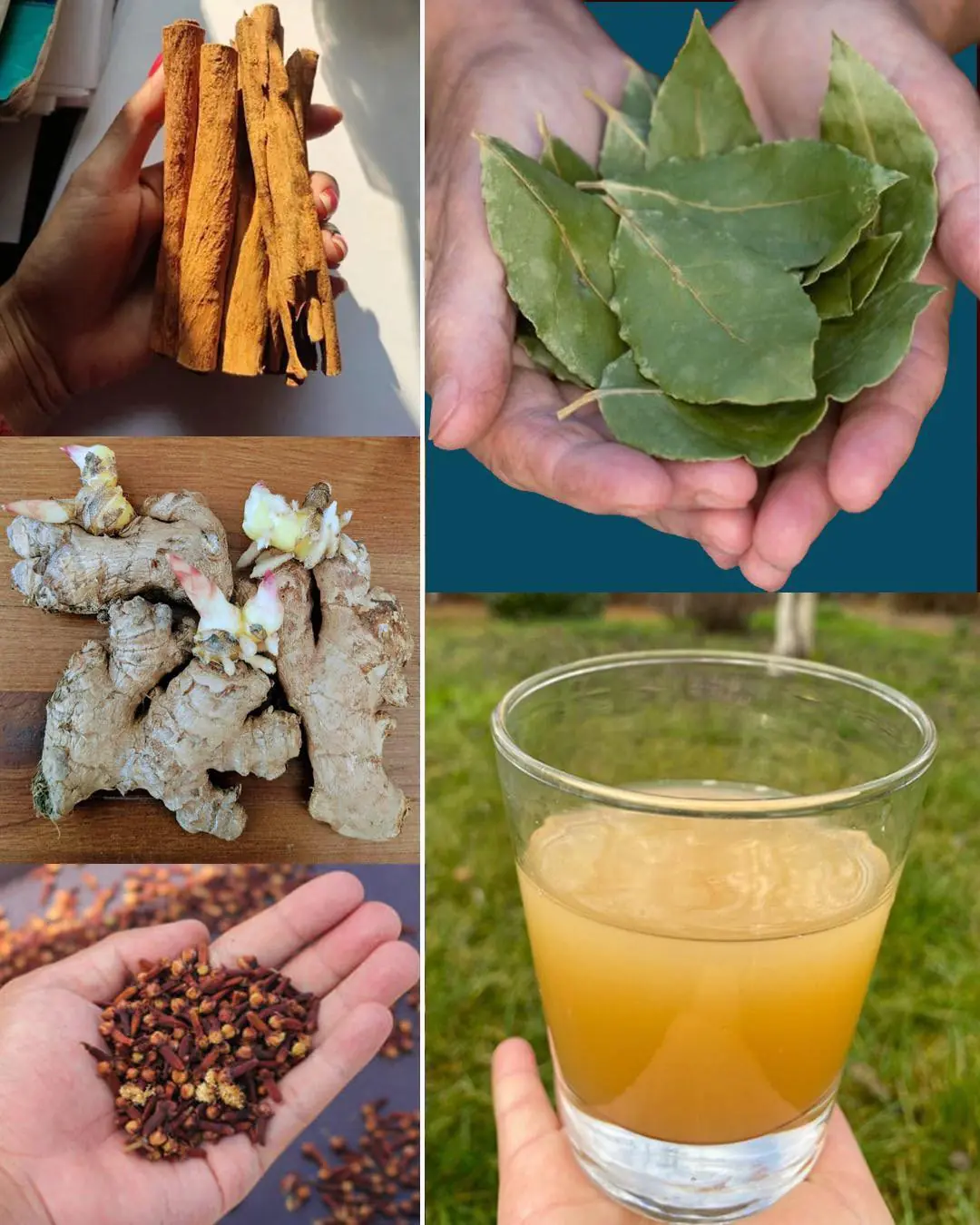
Powerful Cinnamon, Ginger, Bay Leaves, and Cloves Drink: Health Benefits & How to Use It
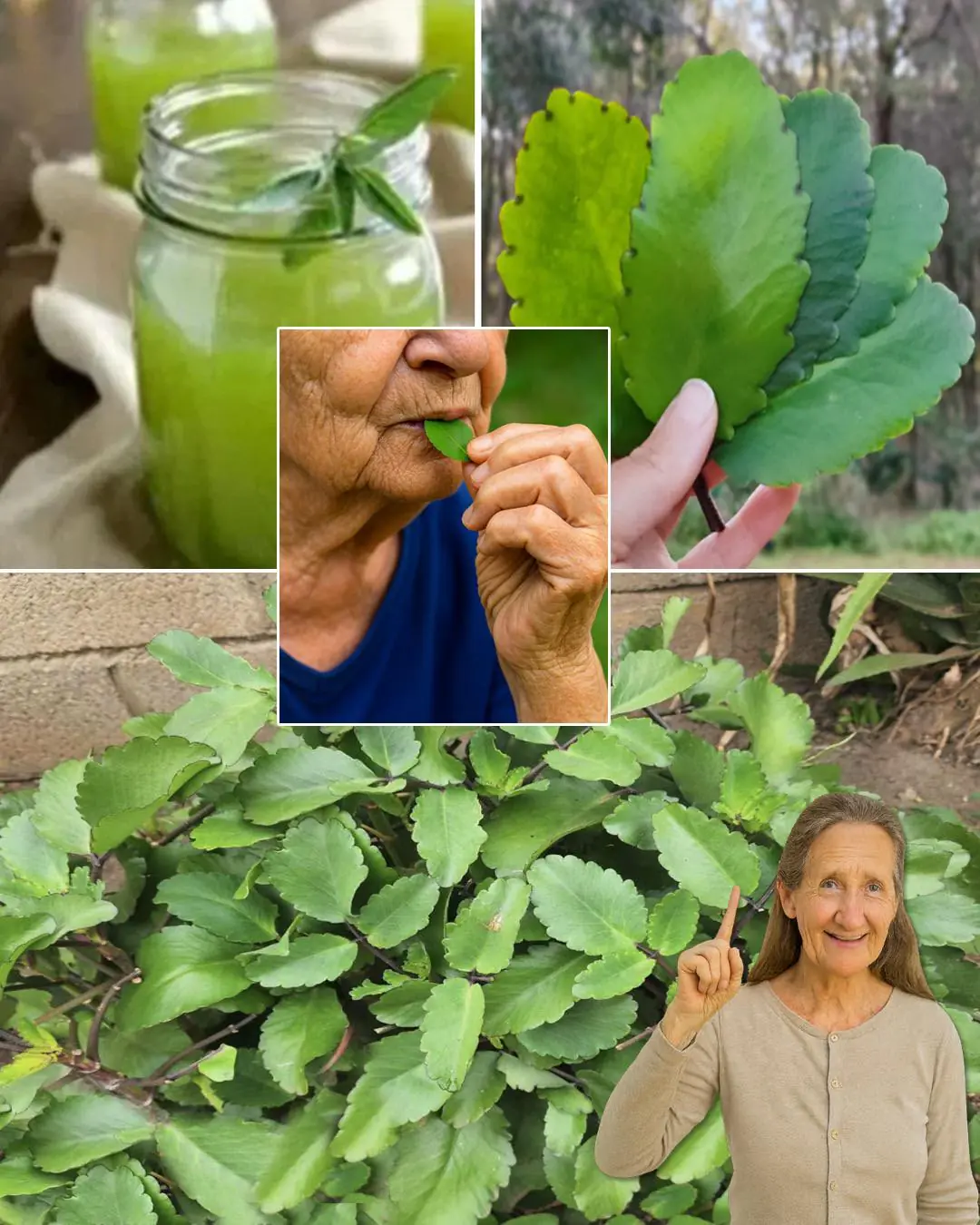
7 Benefits of the Miracle Leaf of Life
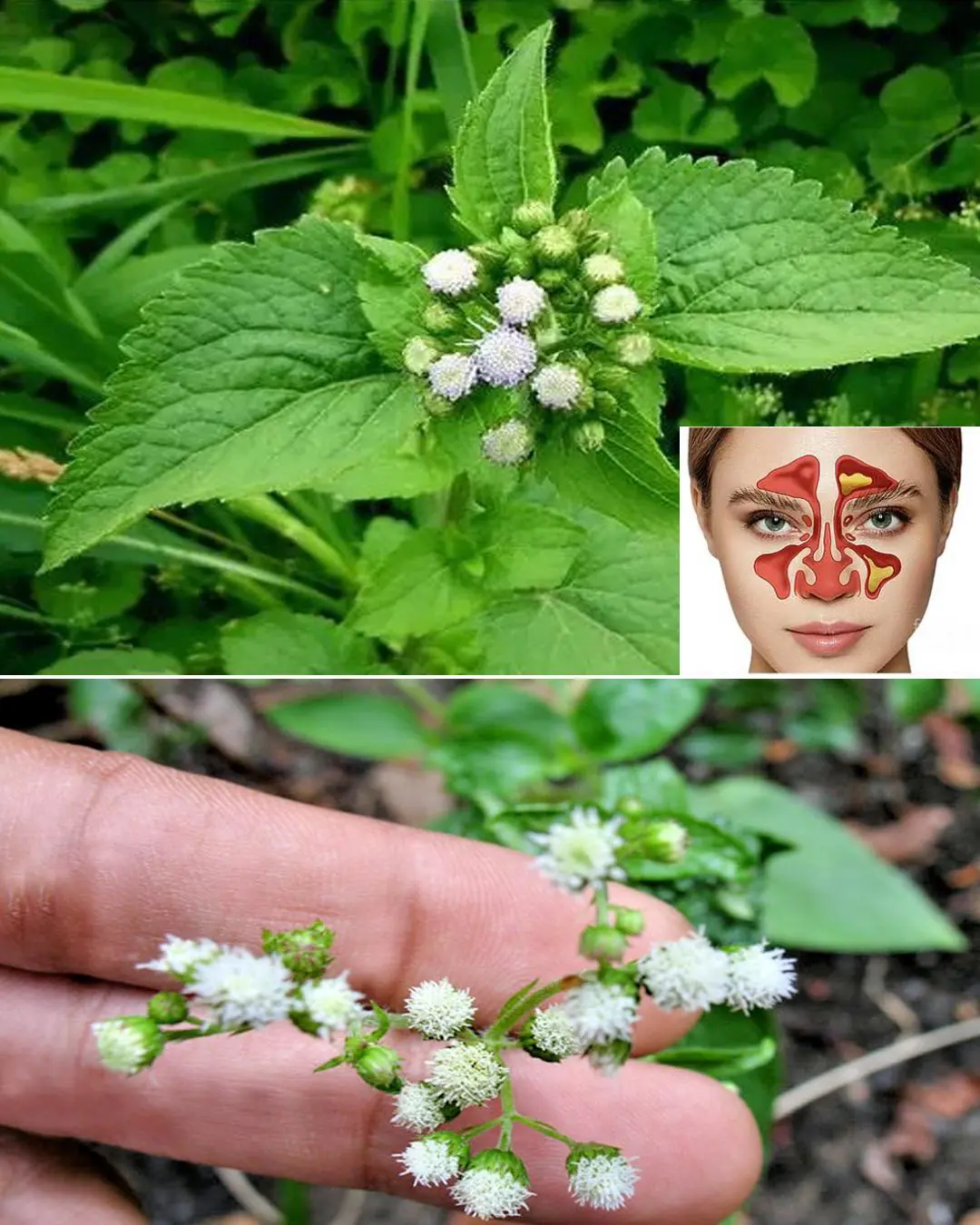
7 Benefits and Uses of Ageratum conyzoides
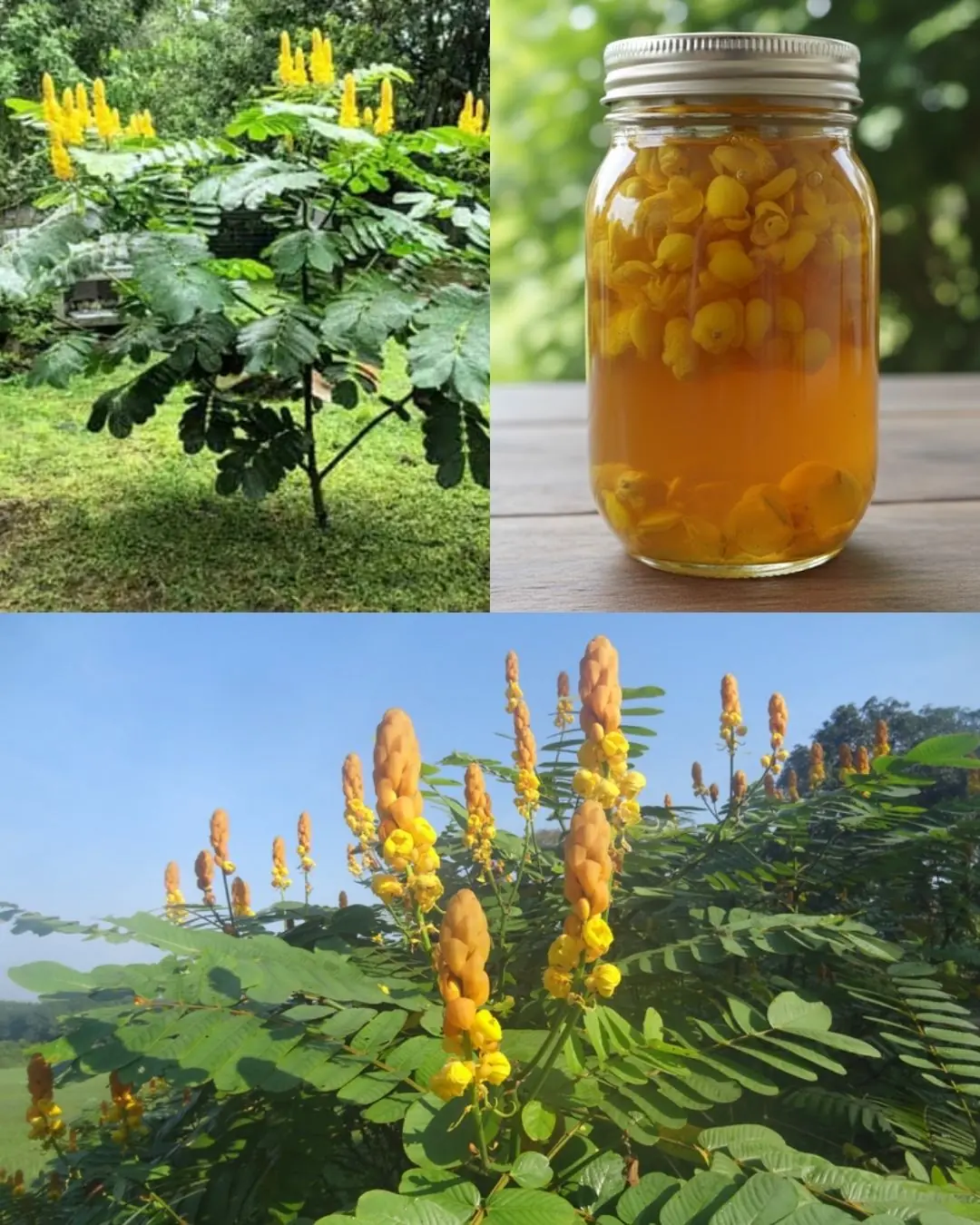
The Powerful Medicinal Benefits and Uses of Senna alata
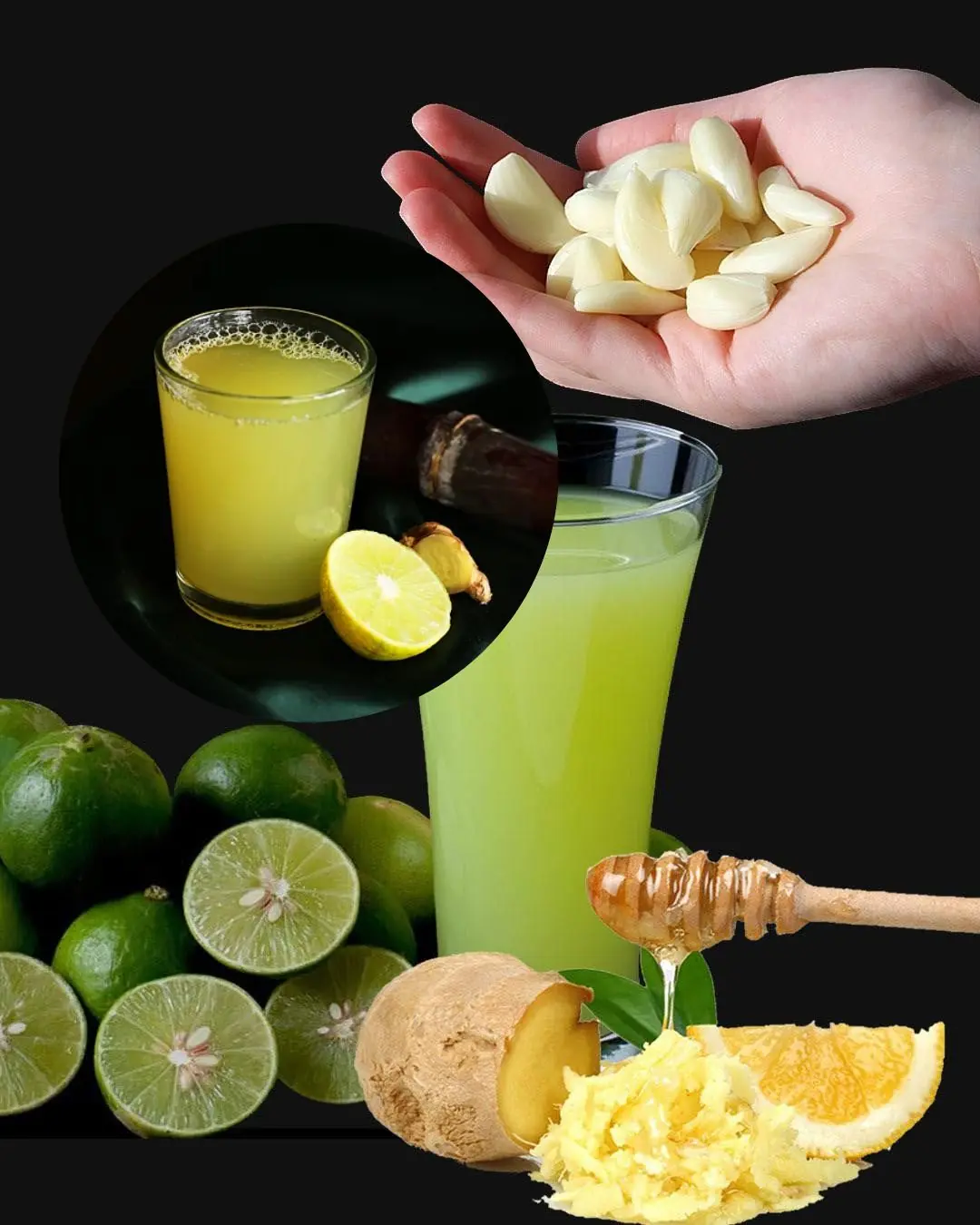
Search Results for: Ginger–Turmeric–Honey: A Golden Natural Remedy
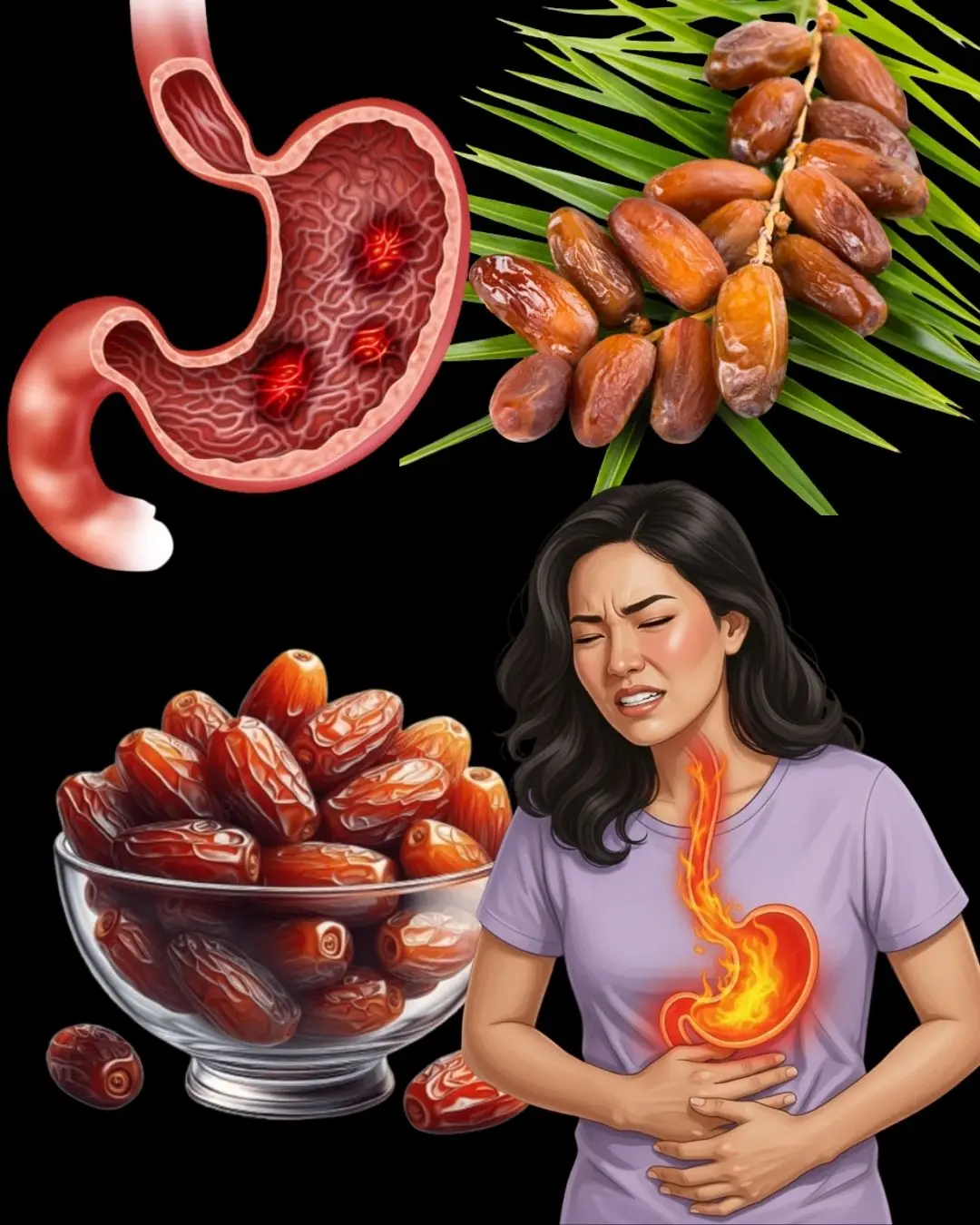
Unlock the Forbidden Sweetness: Why Dates Are the Ultimate Superfood Hiding in Plain Sight
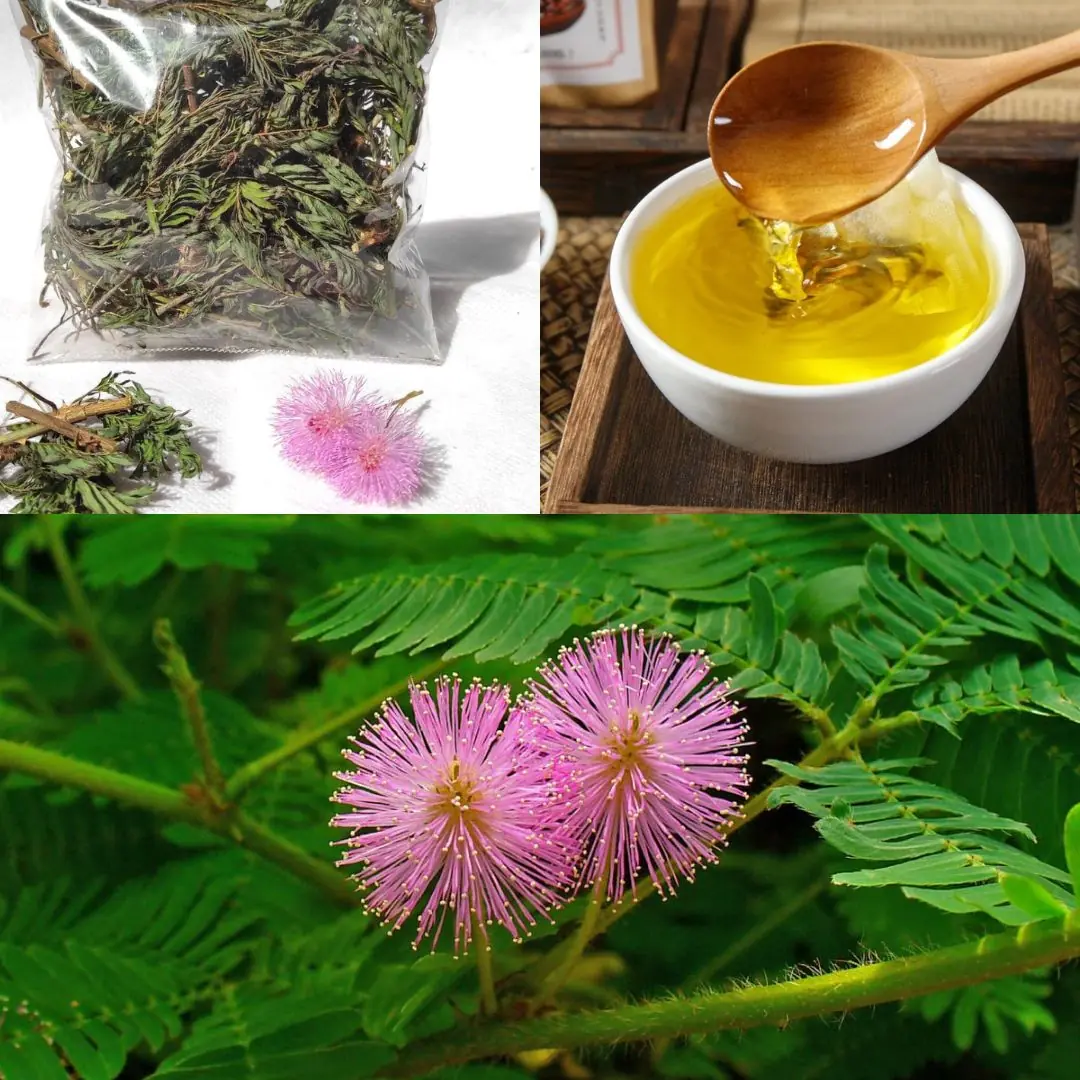
The Digestive Benefits of Mimosa Pudica: A Natural Gut Cleanser
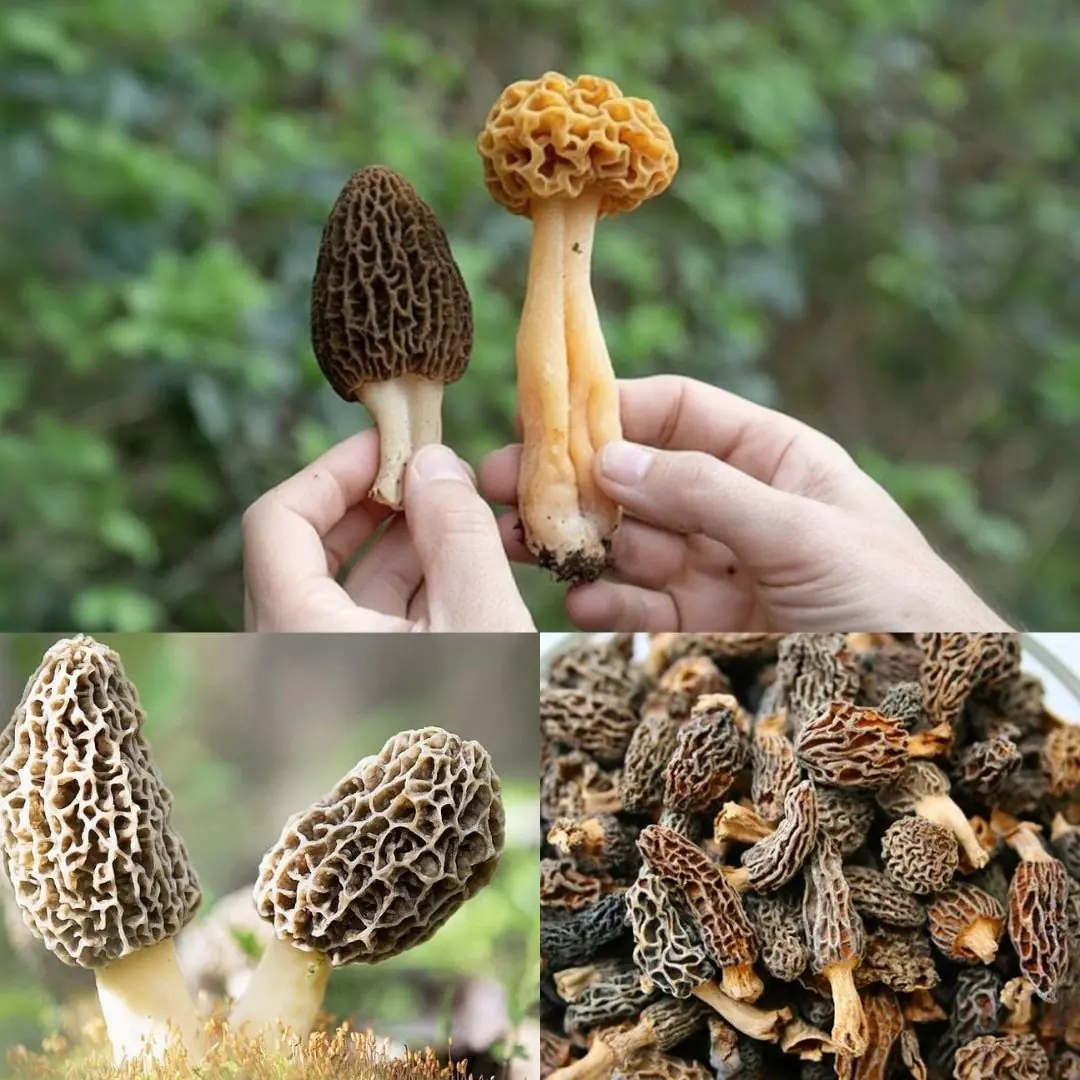
The Fascinating World of Morel Mushrooms: Types, Benefits, and Safe Usage
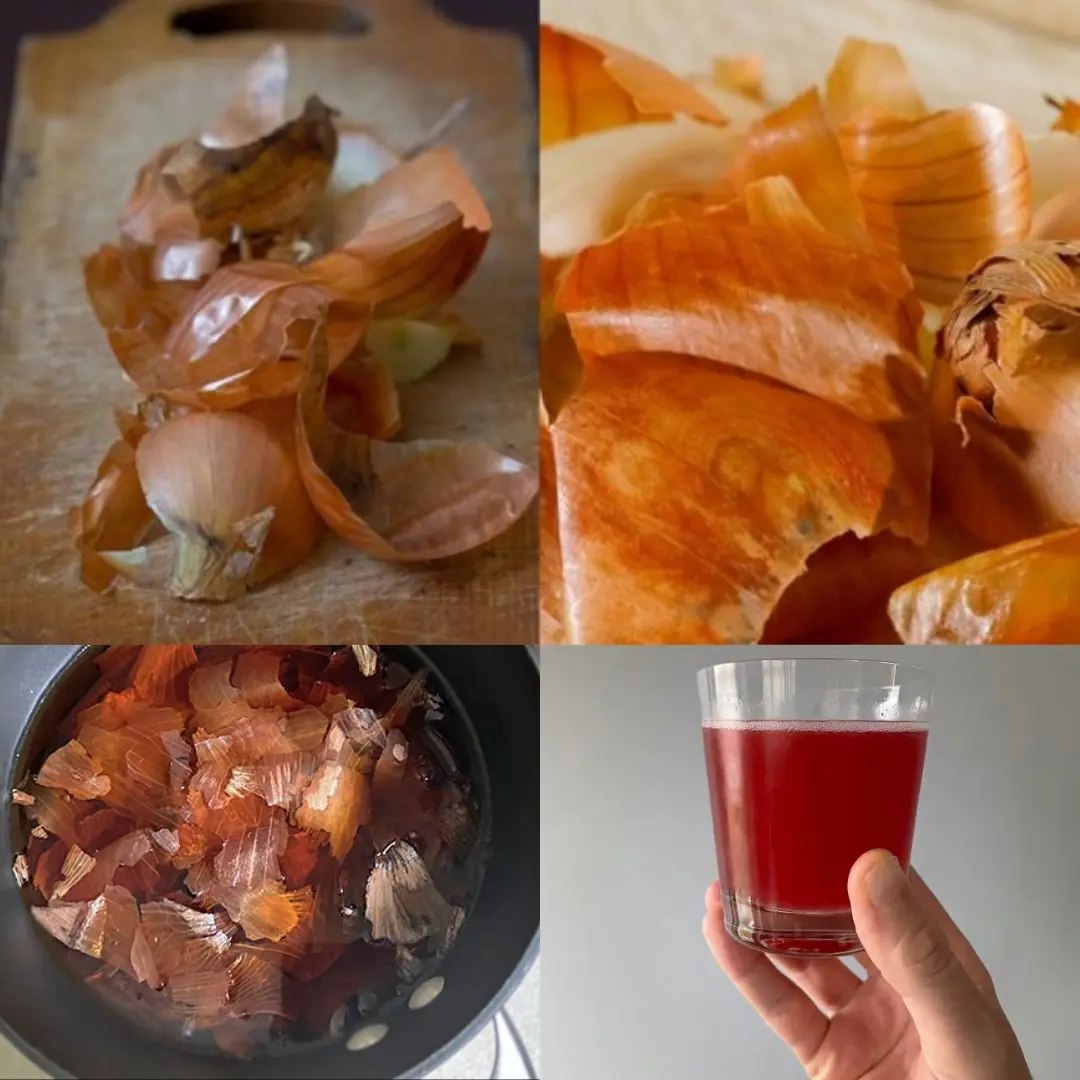
The Hidden Power of Onion Peels: Benefits and Homemade Uses
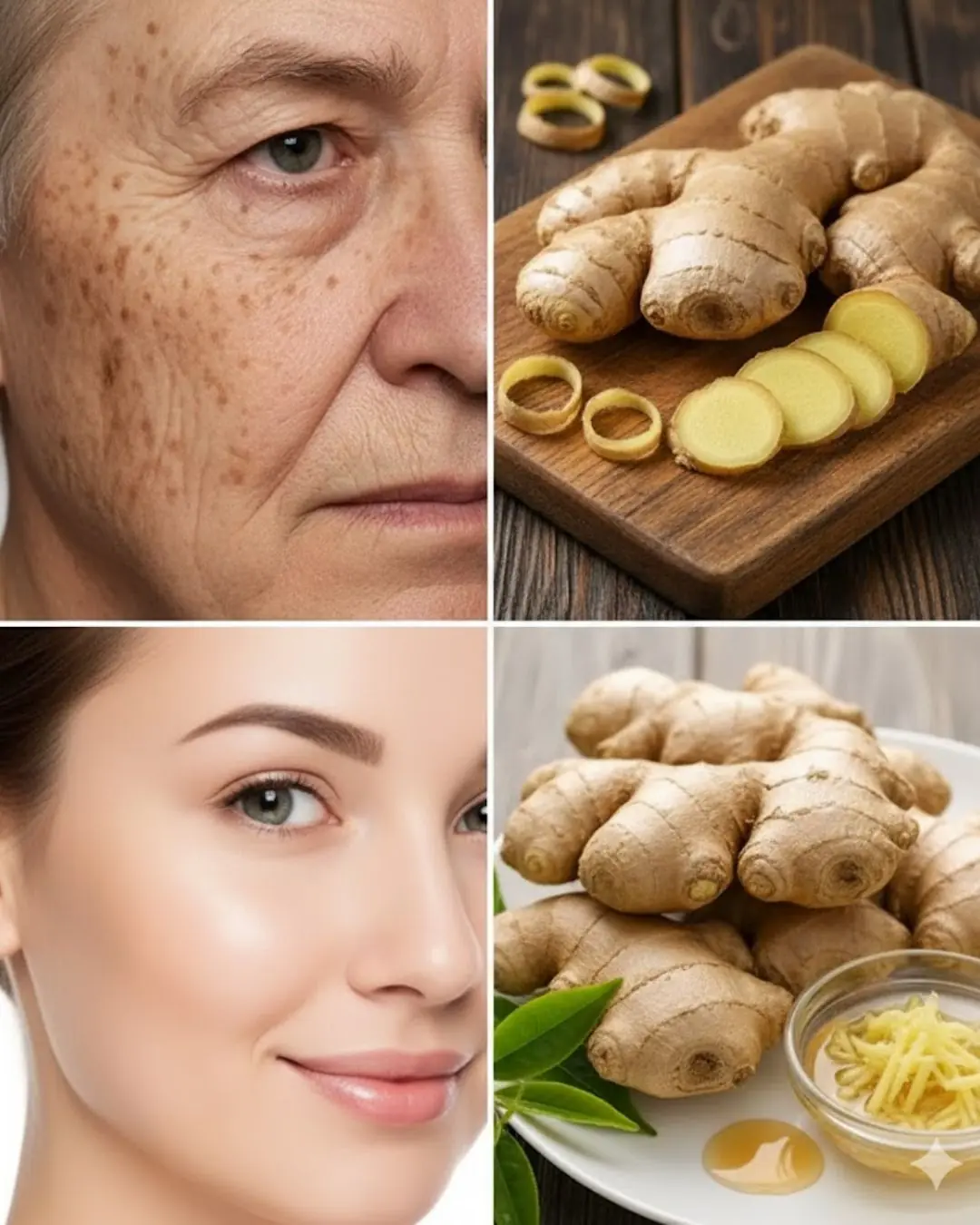
Beautify with familiar ingredients available in every home
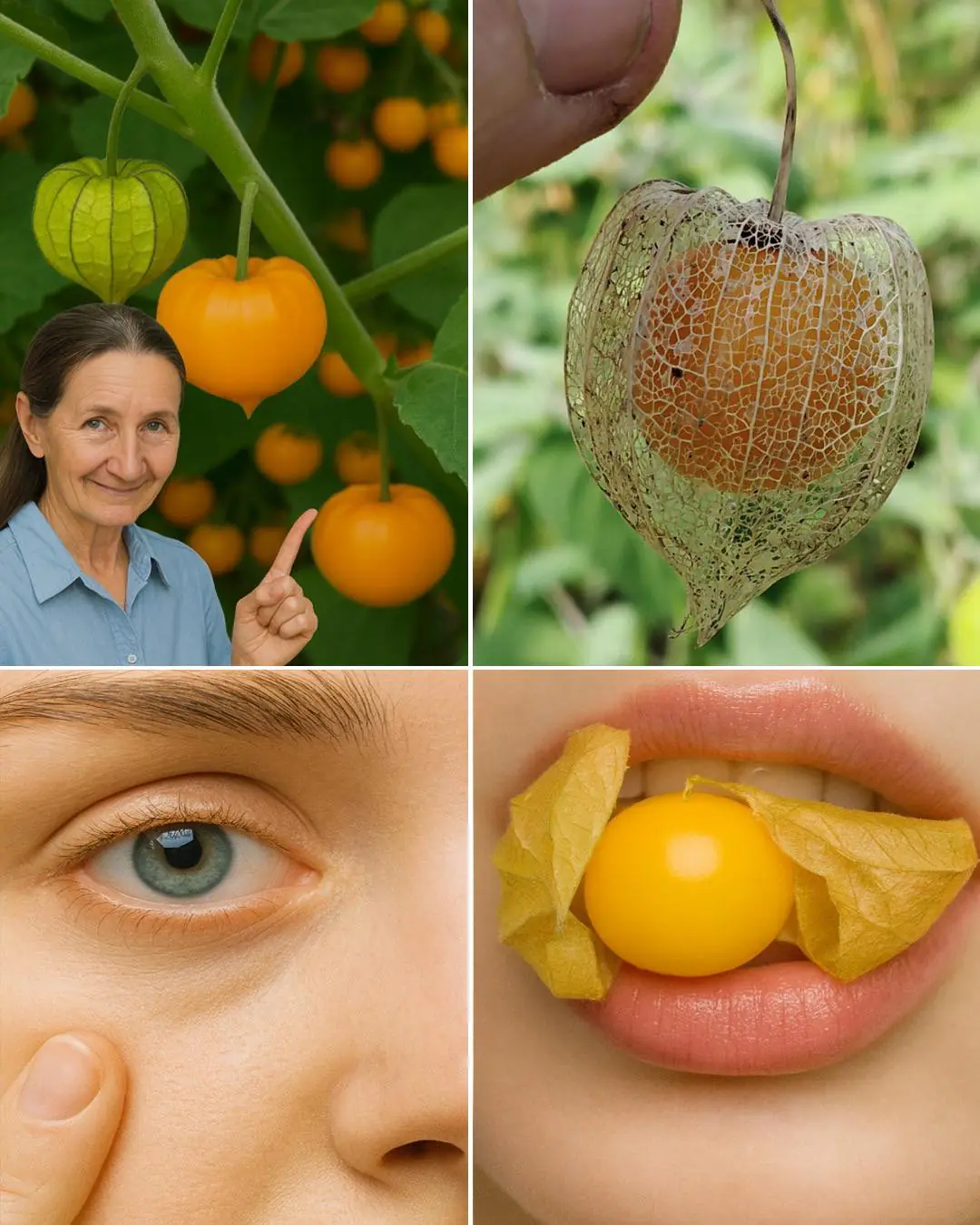
Goldenberries (Physalis peruviana): A Nutrient-Packed Powerhouse for Health and Vision
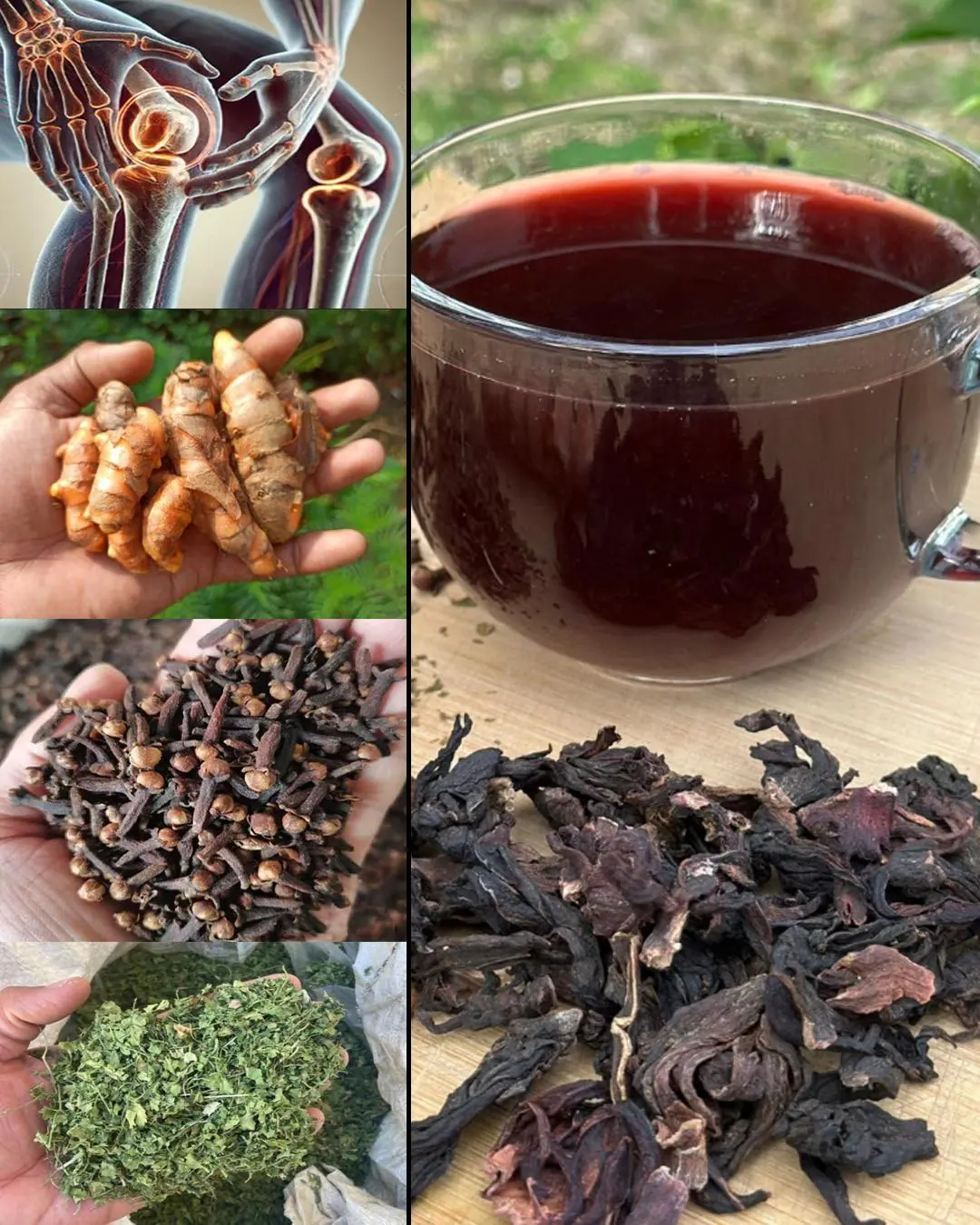
The Miracle Elixir for Diabetes, Fatty Liver and Joint Pain
News Post

Moldy wooden cutting boards, can only be thrown away after washing with soap: Pour this on for 5 minutes and the cutting board will be as clean as new.

A Dad Painted His Daughter as Mona Lisa and Her Reaction is Priceless
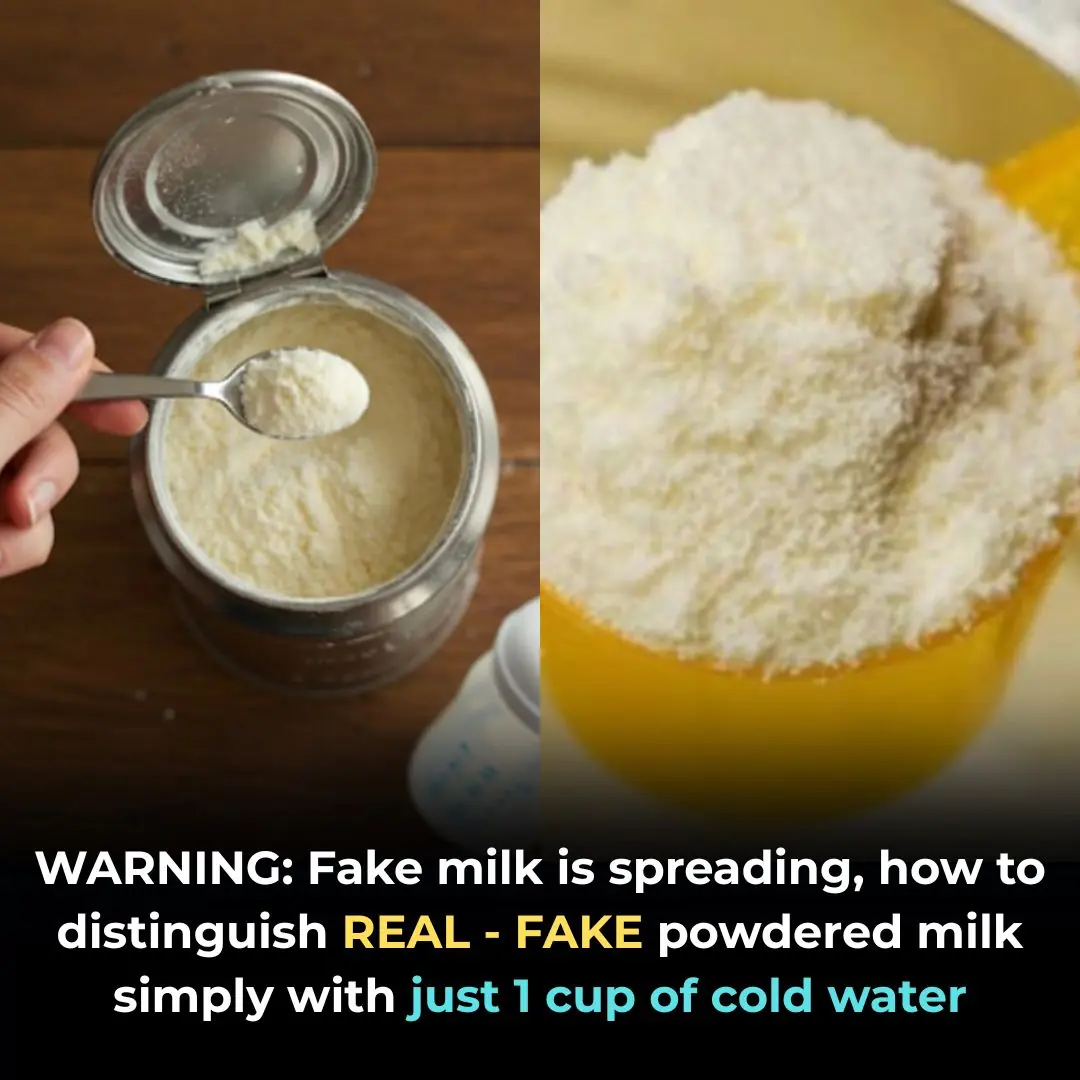
WARNING: Fake milk is spreading, how to distinguish REAL - FAKE powdered milk simply with just 1 cup of cold water
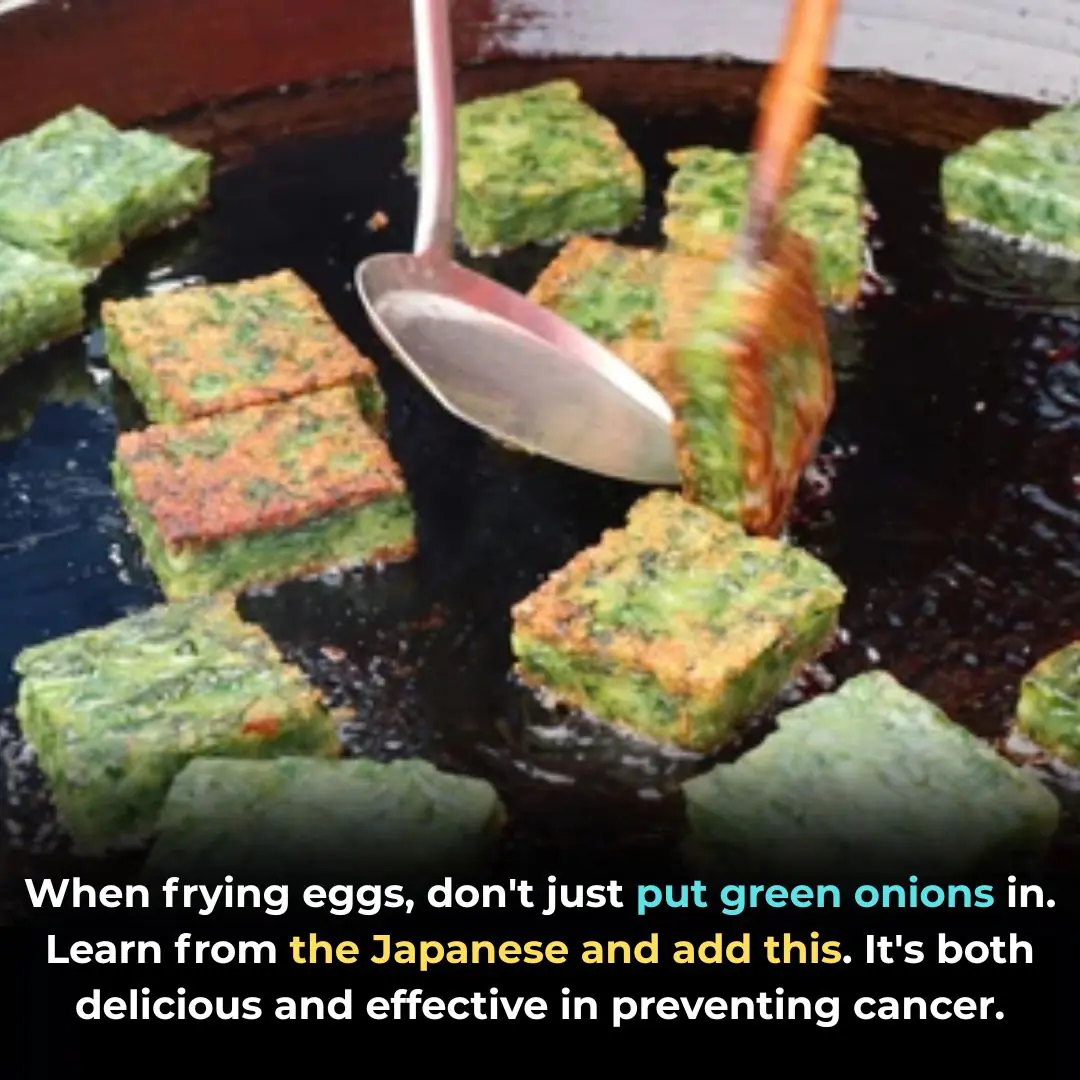
When frying eggs, don't just put green onions in. Learn from the Japanese and add this. It's both delicious and effective in preventing cancer.

Former NASA Rocket Scientist Aisha Bowe to Make History as Crew Member on Blue Origin’s First All-Woman Spaceflight
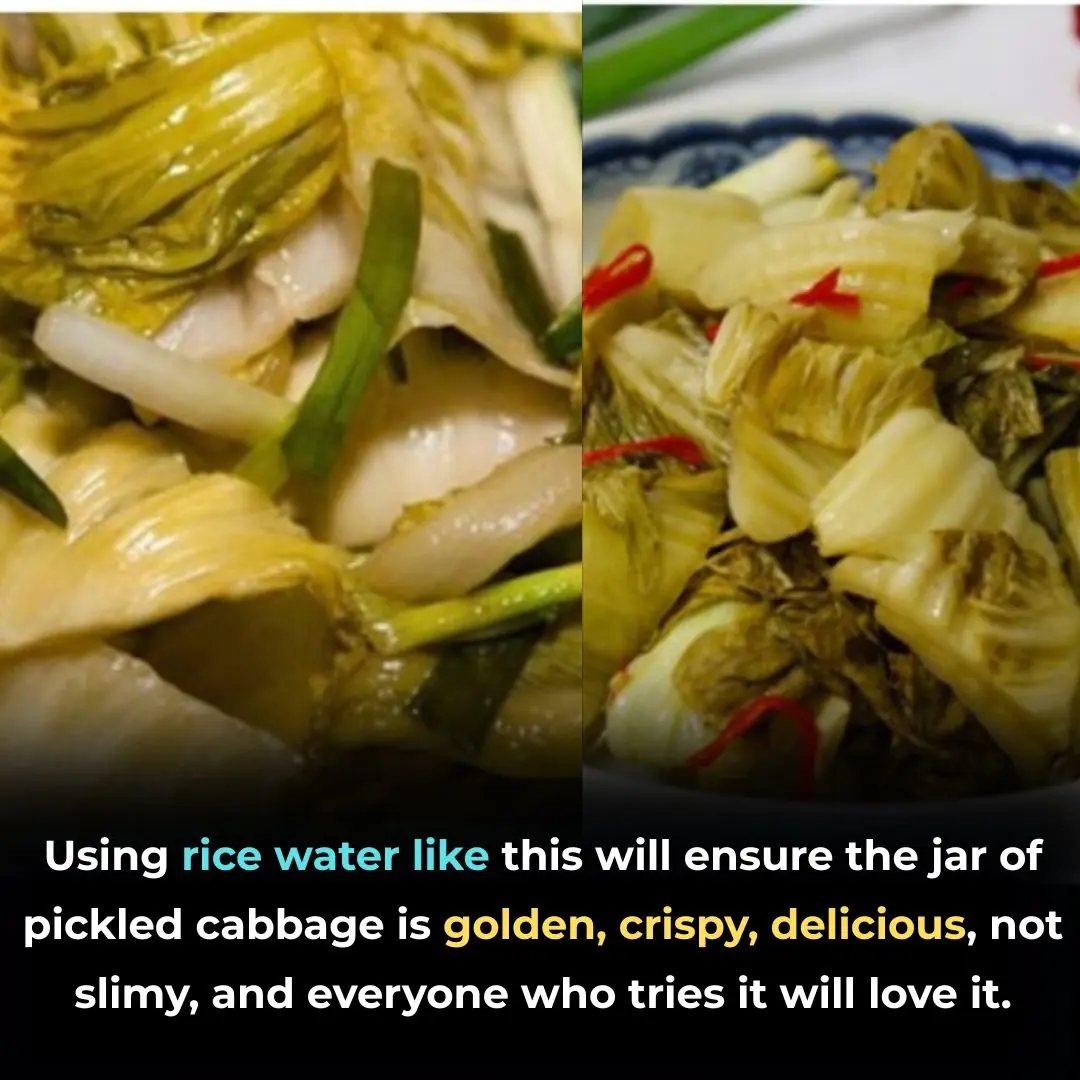
Using rice water like this will ensure the jar of pickled cabbage is golden, crispy, delicious, not slimy, and everyone who tries it will love it.

21-Year-Old Yale Juniors Raise $3M in 14 Days for New AI-Powered Social Media App ‘Series’

From the case of injecting essence to turn 14 tons of buffalo meat into beef: If you see these signs in beef, absolutely do not buy it.

11-year-old Philanthropist Gives Chicago Some California Love by Raising Over $60,000 for the Windy City’s Homeless

Megan Thee Stallion Brings Queen Latifah to Coachella for Shining Moment of Black Girl Magic
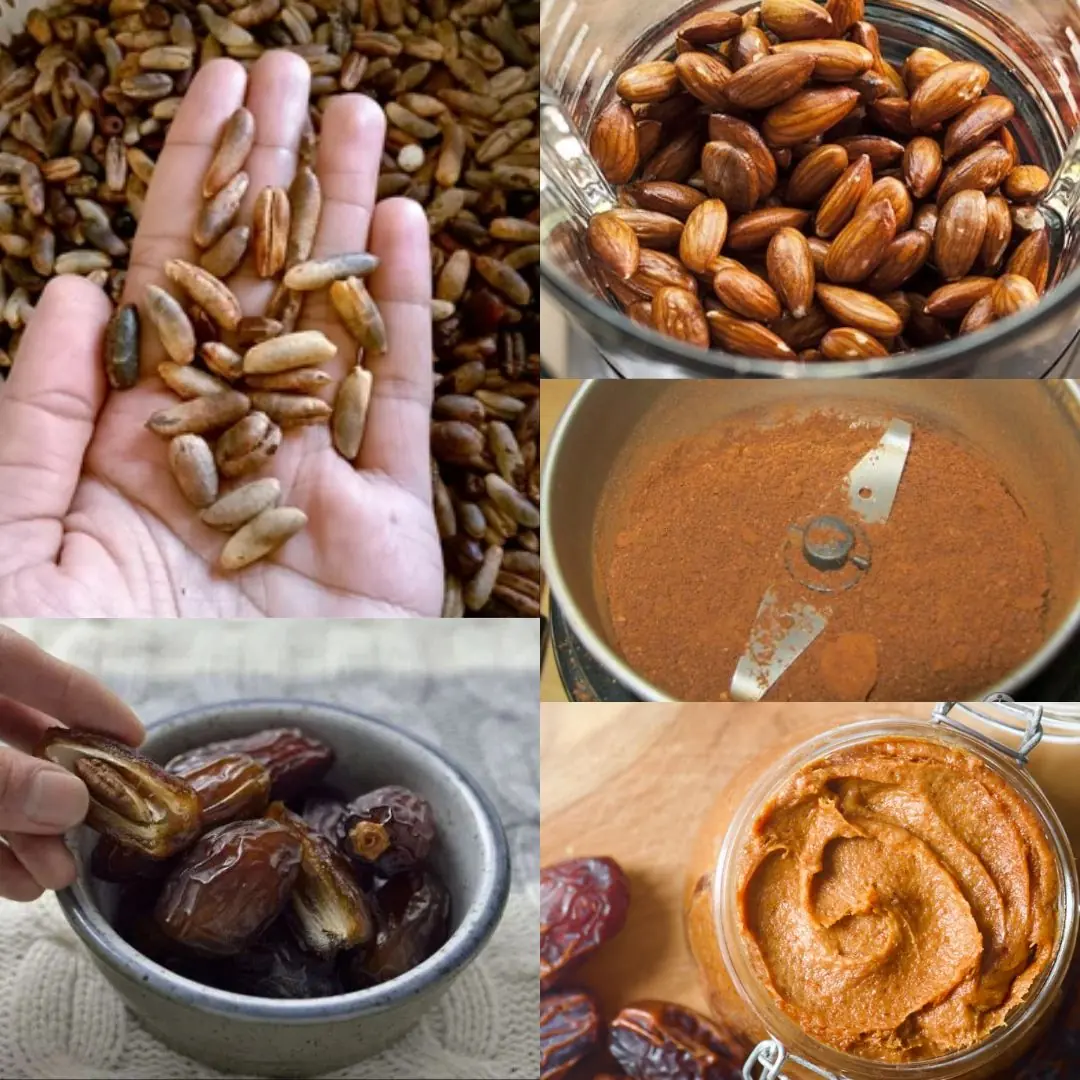
Don’t Throw Away Date Seeds – Here’s Why They’re So Powerful
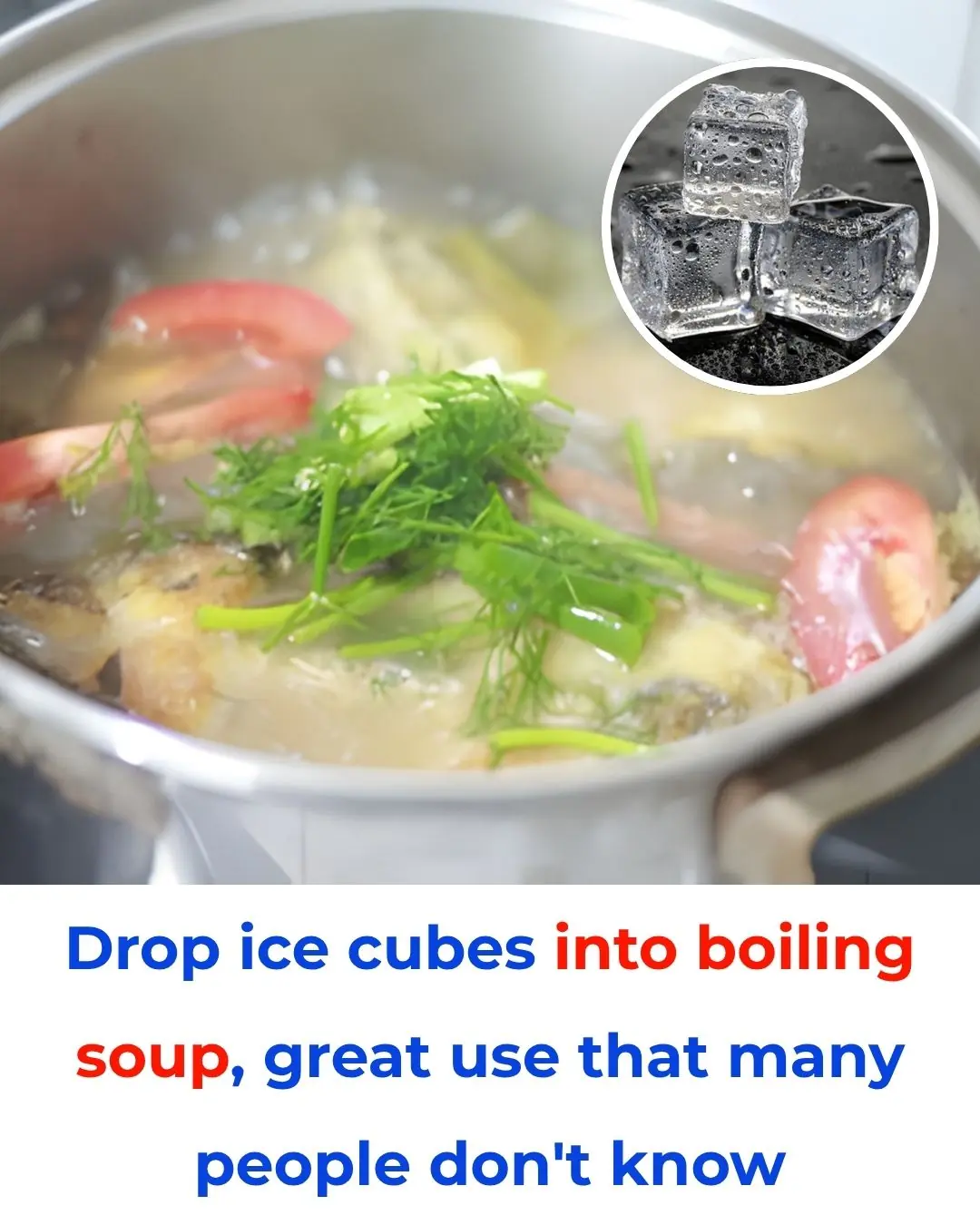
Putting Ice Cubes into Boiling Soup: A Clever Trick Many People Don’t Know

Think Twice Before Drinking Bottled Water in Hotel Rooms – Here's Why It's Not Always Safe or Worth It

5 Essential Life-Saving Skills Every Child Should Learn Early

A simple tip you probably need right now.

Why Every Home — No Matter How Small — Should Grow Vietnamese Coriander

🌿 Discover the Hidden Gold in Your Garden: The Amazing Power of Castor Leaves

Don’t Throw Away Coffee Grounds — You’re Tossing Money and Magic!
